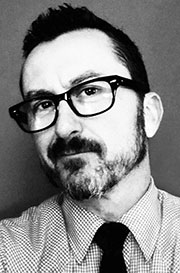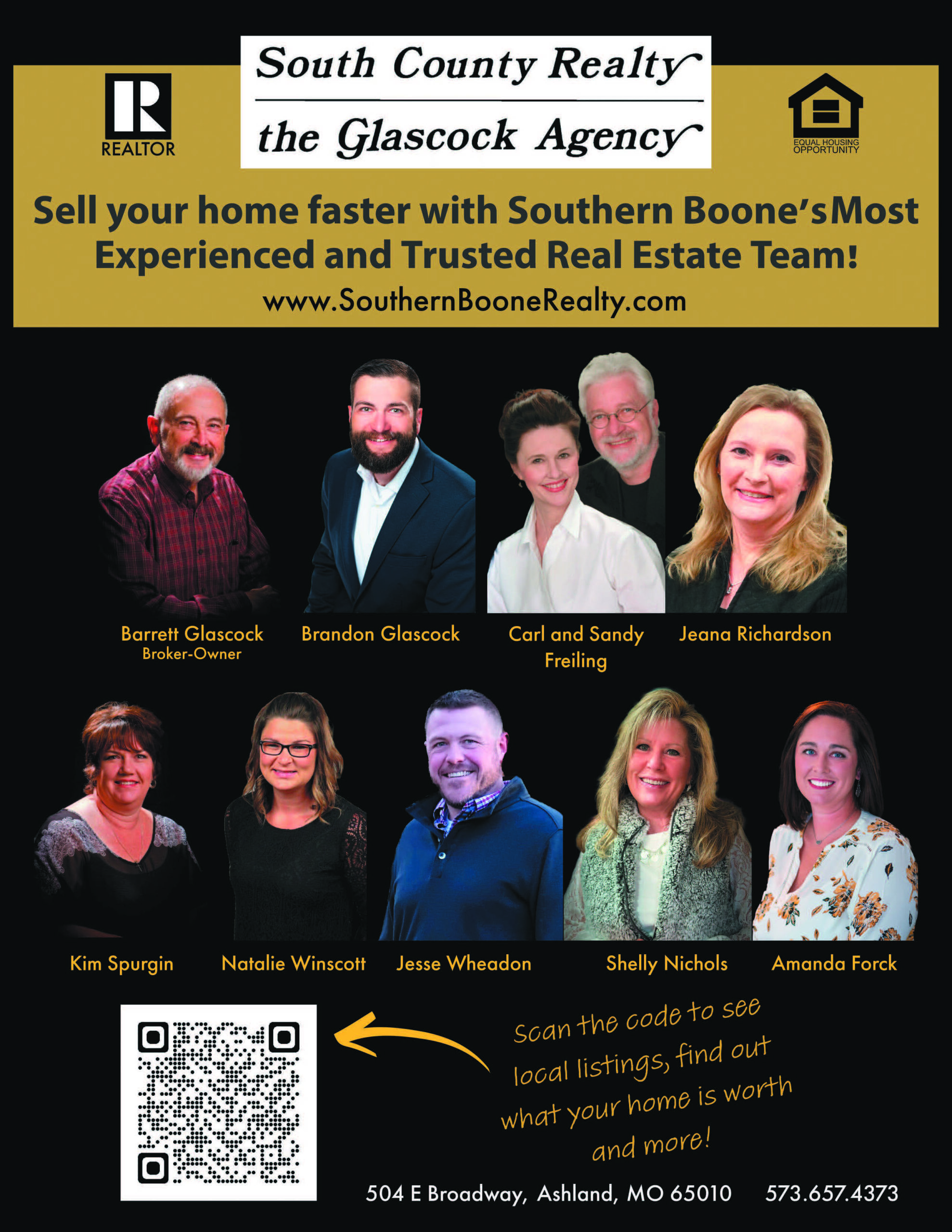In the early 1990s, I worked at a small grocery store in Columbia, Missouri, called Eastgate Foods. It was a grimy little building situated on the dimly lit corner of Old Highway 63 and East Broadway. A far cry from the shiny new supermarkets that have taken over Columbia in the years since, Eastgate was described by one of my favorite customers as, “the only store in town where you need to wipe your feet on the way out.”
Late one night, as we were closing, I was in the stock room getting ready to take the trash out to the dumpster. With a full garbage bag in each hand, I kicked the unlatched back door open as I had done countless times before.
As the door swung open, it suddenly stopped with a loud thud. Before I had time to guess what had happened, a police officer jumped into the partially open doorway and yelled, “DON’T MOVE!” I froze as I saw his service weapon aimed directly at my chest.
The officer looked at the garbage bags in my hands and then looked back at me, his eyes slowly adjusting to the light. After a few excruciatingly tense moments, he finally said, “I take it you work here.” I said yes, sir. As I answered, a second officer appeared from behind the door, her gun drawn but pointed downward.
The first officer lowered his weapon, lowered his head, and breathed a tremendous sigh of relief. When both of their guns were holstered, I lowered the garbage bags and breathed my own sigh of relief. The first cop asked if he could sit down at the breakroom table for a minute. He took a seat, and I joined him there. I saw that he was shaking. That’s when I realized I was shaking, too.
After he composed himself, the officer explained why he and his partner were lurking in the dark behind the store. Apparently, a silent alarm had been triggered at the pharmacy next door, and in the dark the officers weren’t sure which door corresponded to which business. They had, in fact, gone to the wrong door. The door I kicked open. The door that slammed into an officer as she was getting ready to open it. The door where they were expecting to encounter a burglar with his hands full of stolen drugs—and maybe a gun.
After the officer finished speaking, I said, “Thank you for not shooting me.” Then we shared a humorless laugh. It was obvious that he had come very, very close to pulling the trigger. As I walked them out, I apologized to the second cop for hitting her with the door and asked if she was okay. She said she was fine. Everyone was fine. We all went on with our lives and I ended up with an interesting story to tell my friends.
After George Floyd was callously murdered by a Minneapolis cop while three other officers stood nearby and watched, there has been a lot of talk about police brutality against blacks. The concept of white privilege has also been discussed and debated. All of this has caused me to think back to that harrowing night in 1992 and ask myself this all-important question, “Would I have survived that incident if I were black?”
Imagine how differently things could have turned out. Two police officers are responding to a possible robbery-in-progress of a pharmacy. It’s nearly midnight and the back of the building in question is almost completely dark. They make their way to a door and see that it is slightly ajar. Guns drawn, their heartrates become rapid as they prepare to enter the building.
Just as one of the officers reaches out to open it, the heavy steel door suddenly bangs open, striking the officer violently. Her partner sees the backlit silhouette of a black man attempting to exit the premises. Did he kick the door in an attempt to injure the officers? He has two bags of unknown contents—possibly stolen prescription medicine—in his hands. Is that a gun in one of them? It’s so hard to see. The officer fears for his safety and for his partner’s. He aims his weapon at the suspect’s chest and pulls the trigger.
“It was self-defense, Your Honor.”
Scenarios like this happen all too often to blacks in this country. Ask Mike Brown. Ask Tamir Rice. Ask Sean Bell. Ask Terence Crutcher. Ask Corey Jones. But you can’t ask them, can you? They were all killed by cops who shot first and claimed self-defense later. These victims were all unarmed just like I was, but they were all black.
I know that the vast majority of police officers are good people, but I’m tired of hearing the line, “There will always be a few bad apples.” Do we accept the inevitability of having a few bad apples in every life-and-death profession such as brain surgeons, for example? When people’s lives are in the hands of someone like a doctor or a cop, we can’t afford to have any bad apples.
I believe that if I were not white, my story might have ended much differently. The facts are that I am white, and I am still alive to tell my tale. That, my friends, is white privilege. White privilege doesn’t mean that white people don’t face real hardships in life. It just means that those hardships are not made worse because of the color of their skin.
Black people do not have that privilege, and their lives matter just as much as the one that was spared 28 years ago in a darkened doorway at Eastgate Foods.









Facebook Comments